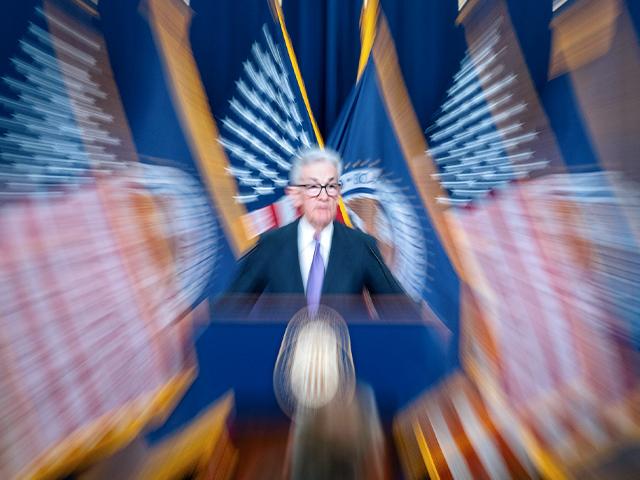From Housing to Food, Yet Another Uptick in US Inflation for Hard-Hit US Families
WASHINGTON – A new report shows persistently higher prices across America have risen yet again – a sign the Federal Reserve's drive to slow inflation to its two percent target will likely remain a bumpy one.
Thursday's report from The U.S. Department of Labor shows overall prices rose another 3.4 percent from a year ago.
More than half the increase in prices from November to December reflected higher housing costs. Energy costs, along with food prices, also contributed to inflation.
A survey shows Americans of different racial backgrounds agree the government should prioritize the economy and foreign policy issues this election year.
For mom Megan Cherry in Temple Terrace, Florida, feeding a family of six means cutting what makes it into the grocery cart.
"Everybody eats a lot of things and making sure we have enough for everybody and everybody's preferences as much as we can," Cherry said. "Things that aren't necessary for meals are kind of getting cut out."
Inflation has cooled in recent months but remains top of mind for many Americans, like the Cherry family.
Thursday's report from the Labor Department showed that overall prices rose point three percent from November. Despite steady economic growth, low unemployment, and healthy hiring, polls show many Americans are still feeling the pinch and are dissatisfied with the economy.
That disconnect is a likely issue in the 2024 elections.
About seven in ten U.S. adults — including White, Black, Hispanic, and Asian adults — name economic issues in the top five topics they'd like the government to prioritize in 2024, making it the most commonly mentioned issue.
Experts say much of the public remains frustrated by higher prices. Prices are 17 percent higher than they were before the inflation surge began and are still rising.
According to an Axios Vibe Check, if you're Republican, rural, renting, a woman, or living single, you disproportionately feel anxious and funky about your finances.
At Covenant Baptist United Church of Christ's food pantry in Southwest D.C., co-coordinator Craig Johnson has seen so much more demand, that families are now allowed to come once a week instead of once a month.
"Our numbers have been going up steadily since the end of the pandemic," Johnson said.
One economy expert says the Federal Reserve overpromised what it could deliver — leaving people pessimistic about their pocketbooks.
"This inflation is permanently high," said Thomas Hogan of the American Institute for Economic Research. "Prices aren't going to come down. So one thing, people were told one thing and what's happening is different from what they expected. But combined with the fact that their sentiment is low, what it really looks like is people are afraid to quit their jobs."

Federal Reserve Board Chair Jerome Powell (AP Photo/Alex Brandon, File)
In a statement, President Joe Biden tried to put a positive spin on the inflation report:
"Today's report shows that we ended 2023 with inflation down nearly two-thirds from its peak and core inflation at its lowest level since May 2021. We saw prices go down over the course of the year for goods and services that are important for American households like a gallon of gas, a gallon of milk, a dozen eggs, toys, appliances, car rentals, and airline fares. Despite what many forecasters were predicting a year ago, inflation is down while growth and the job market have remained strong. The economy has created more than 14 million jobs since I took office, and wealth, wages, and employment are higher now than under my predecessor. But there is much more work to do to lower costs for American families and American workers. That's why I'm taking action to bring down the price of insulin, prescription drugs, and energy, eliminating hidden junk fees companies use to rip you off, and calling on large corporations to pass on savings to consumers as their costs moderate."
Economists say there has never been as wide a gap between the underlying health of the economy and public perception.



